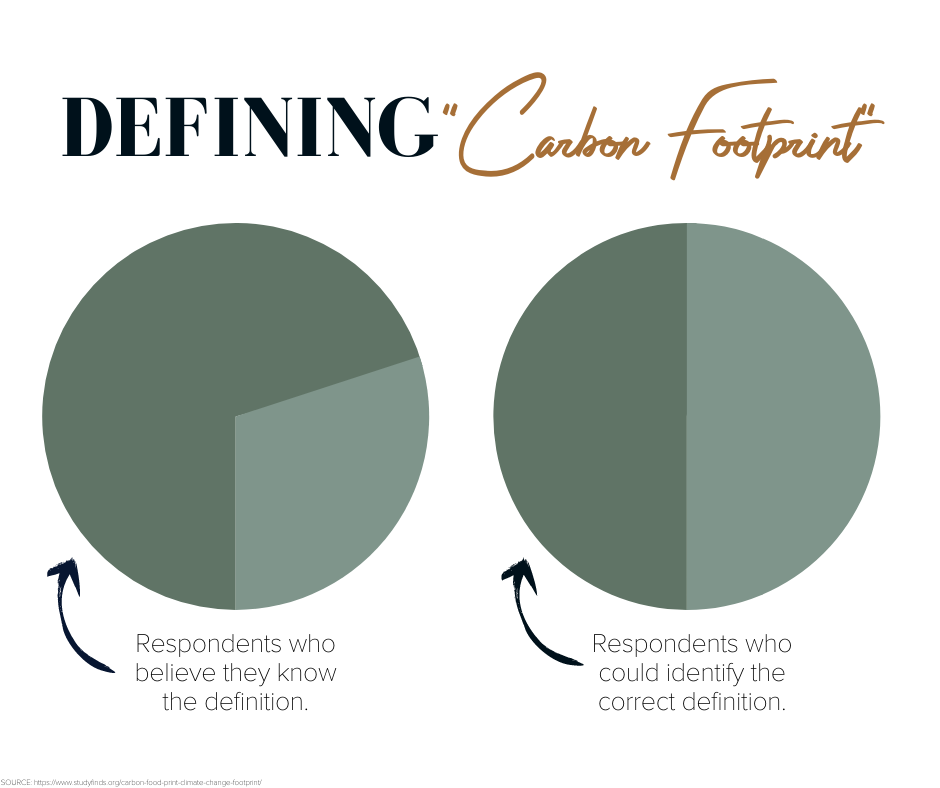Carbon Footprint
A recent study showed that despite nearly 7 in 10 people saying they believe they know the definition of the term “carbon footprint,” only half could identify the correct definition, yet 59 percent believe corporations (30%) or governments (29%) should be doing the most to tackle climate change.
Houston, we have a problem.
According to Merriam-Webster, carbon footprint is the amount of greenhouse gases and specifically carbon dioxide emitted by something (such as a person's activities or a product's manufacture and transport) during a given period.
Seems pretty straight forward.
So, let’s talk about carbon credits.
A carbon credit is a kind of permit that represents 1 ton of carbon dioxide removed from the atmosphere. Farmers can earn credits, for example, by adopting practices like no-till farming. Large companies who don’t necessary have a way, or a will, to create their own carbon credits can then purchase them from farmers, and then say they’re polluting less.
So, then, are they polluting less? No.
They’re letting someone else do the work and then buying their credit.
So, why would farmers sell their credits? For some, the income from selling their credits could fund improvements they want to make, but might not be able to finance on their own.
So, in theory, improvements are being made, but not by corporations who then brag about their environmental sustainability boasted through their marketing initiatives.

